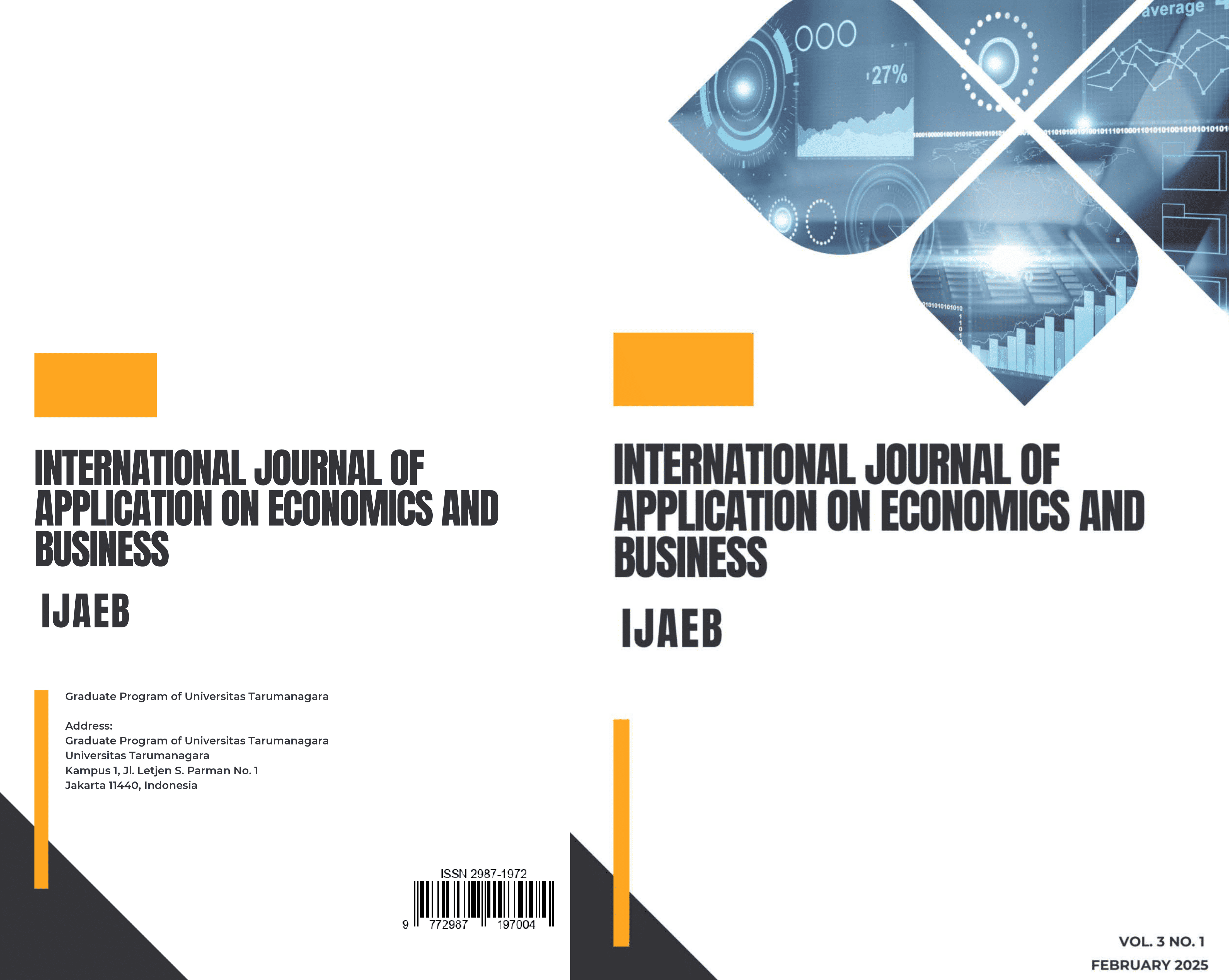CASE STUDY ON CORRELATION OF WORKPLACE FRIENDSHIP WITH VALUE CO-CREATION
Main Article Content
Abstract
In the rapid changing competitive environment, attracting cooperative companies to maximize profits and create a win-win situation highlights the value of workplace friendship in corporate partnerships. The present study investigate how the two enterprise (S power plant and the contractor company C) can overcome the differences and achieve value co-creation goal due to improvement the workplace friendship despite the differences in corporate culture, business cognition and practical operation understanding?. In the present study, the in-depth interview was conducted to the management personnel of S power plant, the contact responsible person of company C, and contracted labour personnel. Two research conclusions were obtained: (1) Personnel recruitment serves as a channel for dialogue, initiating value co-creation for both parties; (2) Only when both parties jointly create centripetal force, cohesion, and reputation can they jointly value co-creation. The suggestions are also made respectively to human resources management of S power plant based on research practice observations.
Article Details
Section

This work is licensed under a Creative Commons Attribution-NonCommercial-ShareAlike 4.0 International License.
This journal provides immediate open access to its content on the principle that making research freely available to the public supports a greater global exchange of knowledge.
IJAEB by Graduate Program of Universitas Tarumanagara is licensed under a Creative Commons Attribution-NonCommercial-ShareAlike 4.0 International License.. Permissions beyond the scope of this license may be available at https://journal.untar.ac.id/index.php/ijaeb
References
Alimamy, S., & Gnoth, J. (2022). I want it my way! The effect of perceptions of personalization through augmented reality & on line shopping on customer intentions to co-create value. Computers in Human Behavior, 128, 107105.
Berman, E. M., West, J. P., & Richter, M. N. (2002). Workplace relations: friendship patterns & consequences (according to managers). Public Administration Review, 62(2), 217-230.
Botti, A., Grimaldi, M., & Vesci, M. (2018). Customer value co-creation in a service-dominant logic perspective: some steps toward the development of a measurement scale. Social Dynamics in a Systems Perspective, 137-157.
Churchill Jr, G. A. (1979). A paradigm for developing better measures of marketing constructs. Journal of Marketing Research, 16(1), 64-73.
Kram, K. E., & Isabella, L. A. (1985). Mentoring alternatives: the role of peer relationships in career development. Academy of Management Journal, 1(28), 110-132.
Levine, R., Locke, C., Searls, D., & Weinberger, D. (2001). The Cluetrain Manifesto: The End of Business as Usual. Cambridge, MA: Perseus Publishing.
Mao, H. Y., & Hsieh, A. T. (2017). Friendship at work & error disclosure. BRQ Business Research Quarterly, 20(4), 213-225.
Maslow, A. H. (1943). The authoritarian character structure. The Journal of Social Psychology, S.P.S.S.I. Bulletin, 18, 401-411.
Nielsen, I. K., Jex, S. M., & Adams, G. A. (2000). Development & validation of scores on a two-dimensional workplace friendship scale. Educational & Psychological Measurement, 60(4), 628-643.
Potgieter, I. L., Coetzee, M., & Ferreira, N. (2018). The role of career concerns & workplace friendship in the job embeddedness-retention practices satisfaction link. SA Journal of Industrial Psychology, 44(1), 1-9.
Prahalad, C. K., & Ramaswamy, V. (2004a). Co-creating unique value with customers. Strategy & Leadership, 32(3), 4-9.
Prahalad, C. K., & Ramaswamy, V. (2004b). Co-creation experiences: the next practice in value creation. Journal of Interactive Marketing, 18(3), 5-14.
Rai A., & Agarwal U. A. (2018). Workplace bullying & employee silence: a moderated mediation model of psychological contract violation & workplace friendship. Personnel Review, 47(1), 226-256.
Ramaswamy, V., & Gouillart, F. (2010). Building the co-creative enterprise. Harvard Business Review, 88(10), 100-109.
Ramaswamy, V., & Ozcan, K. (2016). Brand value co-creation in a digitalized world: an integrative framework & research. International Journal of Research in Marketing, 33(1), 93-106.
Sarker, S., Sarker, S., Sahaym, A., & Bjørn-Andersen, N. (2012). Exploring value co-creation in relationships between an ERP vendor and its partners: a revelatory case study. MIS Quarterly, 317-338.
Value Co-Creation Academic Research Community (2017). Five steps to strategic thinking for value co-creation. Website: http:// teamwork0035.blogspot.com/ 2017/ 05/ blog-post_31.html
Vargo, S. L., & Lusch, R. F. (2014). Service-dominant logic: what it is, what it is not, what it might be? In the Service-dominant Logic of Marketing (p.61-74). Routledge.
Yan, C.-H., Ni, J.-J., Chien, Y.-Y., & Lo, C.-F. (2021). Does workplace friendship promote or hinder hotel employees’ work engagement? The role of role ambiguity. Journal of Hospitality & Tourism Management, 46, 205-214.
Zhuang, W. -L., Chen, K. -Y., Chang, C. -L., Guan, X., & Huan, T. C. (2020). Effect of hotel employees’ workplace friendship on workplace deviance behavior: moderating role of organizational identification. International Journal of Hospitality Management, 88, 102531.

